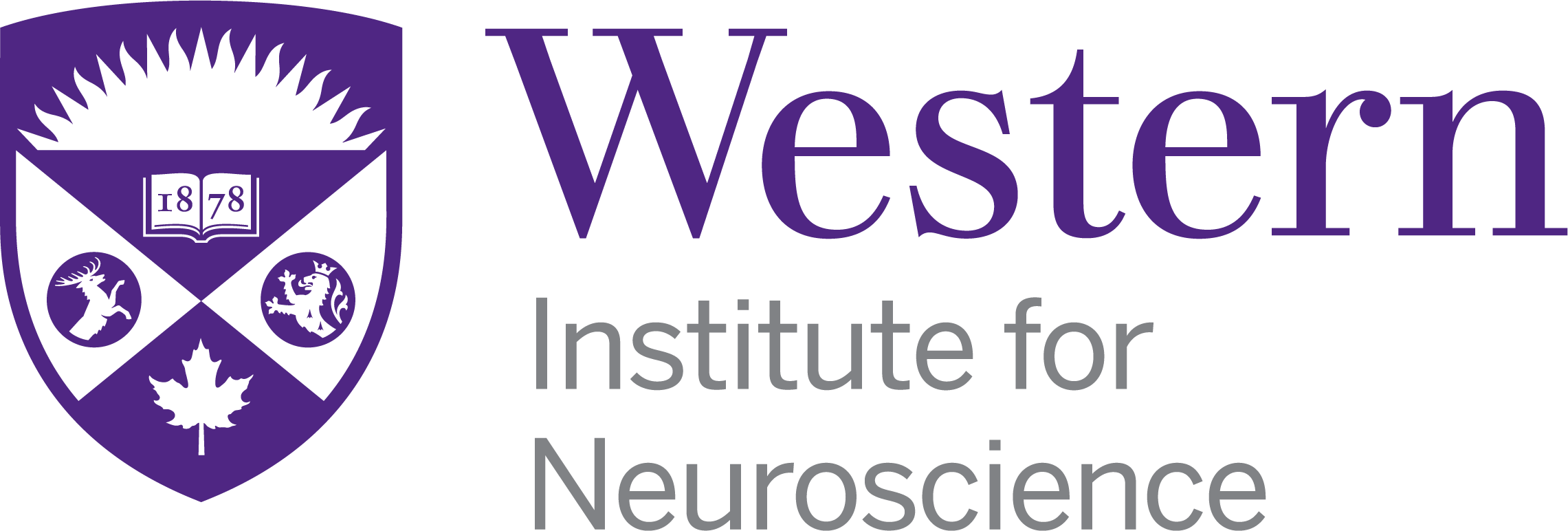Document Type
Article
Publication Date
5-1-2022
Journal
Applied Sciences (Switzerland)
Volume
12
Issue
9
URL with Digital Object Identifier
10.3390/app12094562
Abstract
Three-dimensional ultrasound mosaicing can increase image quality and expand the field of view. However, limited work has been done applying these compounded approaches for cardiac procedures focused on the mitral valve. For procedures targeting the mitral valve, transesophageal echocardiography (TEE) is the primary imaging modality used as it provides clear 3D images of the valve and surrounding tissues. However, TEE suffers from image artefacts and signal dropout, particularly for structures lying below the valve, including chordae tendineae, making it necessary to acquire alternative echo views to visualize these structures. Due to the limited field of view obtainable, the entire ventricle cannot be directly visualized in sufficient detail from a single image acquisition in 3D. We propose applying an image compounding technique to TEE volumes acquired from a mid-esophageal position and several transgastric positions in order to reconstruct a high-detail volume of the mitral valve and sub-valvular structures. This compounding technique utilizes both fully and semi-simultaneous group-wise registration to align the multiple 3D volumes, followed by a weighted intensity compounding step based on the monogenic signal. This compounding technique is validated using images acquired from two excised porcine mitral valve units and three patient data sets. We demonstrate that this compounding technique accurately captures the physical structures present, including the mitral valve, chordae tendineae and papillary muscles. The chordae length measurement error between the compounded ultrasound and ground-truth CT for two porcine valves is reported as 0.7 ± 0.6 mm and 0.6 ± 0.6 mm.



